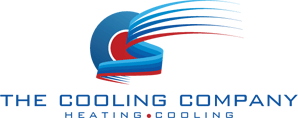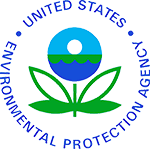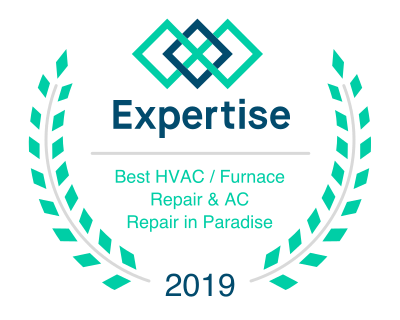Las Vegas, with its predictable weather pattern of scorching desert summers and cooler seasons, demands top-notch HVAC systems complete with reliable thermostat controls and optimal insulation to keep homes comfortable. Whether you’re bracing for the heat of summer or preparing for the furnace-warmth of the cooler months, regular HVAC maintenance, including checking your ductwork and ventilation, is essential to ensure your unit operates efficiently. Neglecting maintenance not only affects your comfort but can also lead to skyrocketing energy bills. Here are seven tips to keep your HVAC system, including the air filter and thermostat, running smoothly throughout each season.
1. Change Air Filters Regularly
Air filters are often overlooked, but they play a crucial role in your HVAC system’s performance. They trap dirt, dust, mold, and bacteria, maintaining clean indoor air and enabling efficient airflow. A dirty filter can impede performance, forcing your system to work harder and increasing energy consumption. For Las Vegas residents, it’s advisable to check and, if necessary, replace filters monthly during the scorching summer months and every three months during other seasons.
2. Clean the Coils
HVAC coils, thermostats, and fans are vital for cooling your home while managing humidity levels. The evaporator coils absorb heat from indoor air, while the condenser coils release it outside, creating condensation that is guided away through a drain. Dirty coils can reduce efficiency, leading to higher energy bills, overheating, and fan malfunction due to potential strain on the blades. It’s essential to clean these coils annually to ensure optimal heat transfer. Additionally, regular checks help identify when it’s time to lubricate moving parts or replace worn-out components.
3. Maintain Outdoor Condenser Clearance
If your HVAC system includes an outdoor condenser unit, maintaining adequate clearance is crucial for proper airflow. Objects, plants, or debris near the unit can obstruct airflow, causing overheating and potential damage. Aim to keep at least a two-foot clearance around the condenser and regularly trim any vegetation encroaching on it. Ensure to replace or service this unit under extreme weather conditions.
4. Inspect and Clean Air Ducts
Air ducts are responsible for distributing conditioned air throughout your home. Over time, they can accumulate dust and debris, compromising both the indoor air quality and system efficiency. Consider professional ductwork cleaning and inspections to prevent health issues and energy waste. Leaks in the ducts can also lead to higher energy bills. Regular ductwork maintenance ensures proper insulation and promotes improved airflow and ventilation.
5. Detect Refrigerant Leaks
Low refrigerant levels indicate a refrigerant leak, which can result from wear and tear, corrosion, or accidental damage. Refrigerant leaks pose health risks and can damage your HVAC system. If you notice a significant temperature difference in your thermostatically controlled home, extended AC runtime, or higher utility bills, contact an HVAC technician immediately.
6. Clean the Condensate Line
Your HVAC system not only controls the temperature and humidity but also removes moisture from your home through the condensate line, thus reducing condensation. Over time, mold and algae can clog this line, leading to a damaged HVAC system, leaks, and even indoor property damage. Regularly cleaning the condensate drain can prevent these issues.
7. Schedule Professional Maintenance
While some maintenance tasks like checking the fan blades can be DIY-friendly, it’s essential to schedule professional inspections and maintenance for your HVAC system. Experienced technicians will check refrigerant levels, clean coils, inspect ducts, and ensure all electrical connections are sound and secure. They can also identify when it’s time to replace parts, preventing costly repairs and ensuring safety.
By adhering to these seven tips, you can maintain your high-functioning HVAC system year-round in Las Vegas, ensuring comfort, energy efficiency, and cost savings avoid seasonal highs and lows. Remember to choose a reputable HVAC company with certified technicians for the best results and long-lasting performance. At The Cooling Company, our EPA-certified technicians provide comprehensive HVAC services in Las Vegas and surrounding areas. Schedule your maintenance appointment today at (702) 707-6025 and enjoy a comfortable and worry-free indoor environment.












